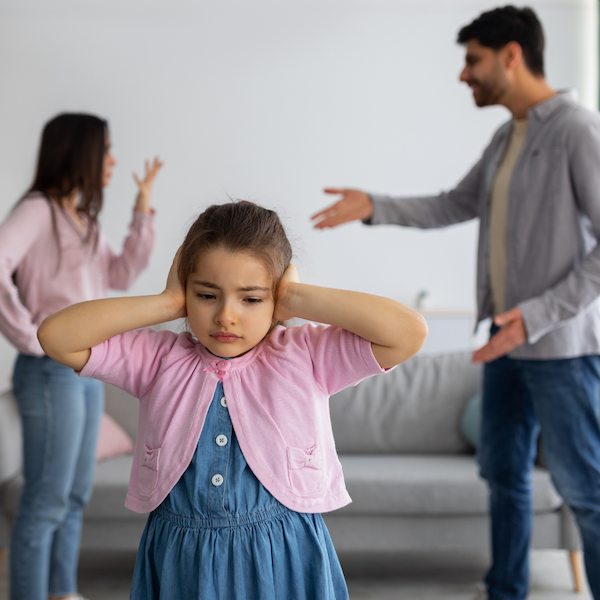Understanding Traumatic Events and Their Impact on Children
A traumatic event is a frightening, dangerous, or violent event that poses a threat to a child’s life or bodily integrity. Witnessing a traumatic event that threatens life or physical security of a loved one can also be traumatic. This is particularly important for young children as their sense of safety depends on the perceived safety of their attachment figures(1).
The Hidden Victims: Children and Domestic Violence
Children are often considered the “hidden” victims in families where domestic violence occurs. Studies have estimated that 3.3 – 10 million children witness domestic violence each year. Children, like their adult caregivers, experience trauma from the physical and verbal abuse in the home. (2)
All the children in our Silver Lining program have lost their mothers due to domestic violence homicide. In some cases, the children were either in the home where the murder took place or the nearby vicinity making them witnesses to such a horrific event. As a result, many of these orphaned children dealt with the immediate aftermath of the murder, including calling 911, or even providing CPR in an attempt to save their mother’s life.


Understanding Child Trauma
Exposure to traumatic events can lead to child traumatic stress, manifesting in persistent reactions that significantly impact daily life long after the events have ended. Children who have witnessed domestic violence often exhibit a range of distressing symptoms, including insomnia, bedwetting, cognitive and motor difficulties, learning challenges, self-harm, aggressive behaviors, and symptoms of depression and anxiety.
Compared with other kids, those who have witnessed domestic violence experience far greater incidences of insomnia, bed wetting, verbal, motor, and cognitive issues, learning difficulties, self-harm, aggressive and antisocial behaviors, depression and anxiety, as well as, most troubling, adult domestic violence, with boys often becoming offenders, victims, or both, and girls more likely to become victims (3).
Long-Term Effects and Social Impact
Further, children may learn that it is acceptable to exert control or relieve stress by using violence, or that violence is in some way linked to expressions of intimacy and affection. These lessons can have a powerful negative effect on children in social situations and relationships throughout childhood and in later life. (4)
Conclusion
These are just a few ways that traumatic events, in particular ones as significant as the murder of a parent, impact the children left behind. In Part 2 we will discuss how to address these concerns and what Kathy’s Legacy is doing specifically for children orphaned by domestic violence.
- https://www.nctsn.org/what-is-child-trauma/about-child-trauma
- https://nccadv.org/domestic-violence-info/children
- https://www.psychologytoday.com/us/blog/progress-notes/201902/alarming-effects-childrens-exposure-domestic-violence
- https://www.nctsn.org/what-is-child-trauma/trauma-types/intimate-partner-violence/effects
